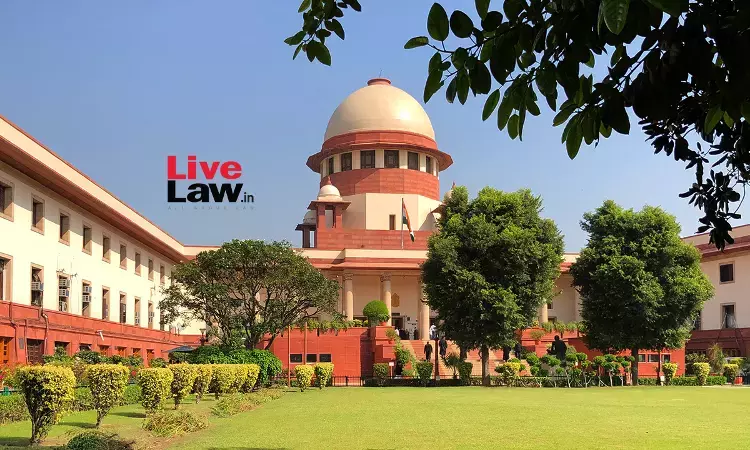Filing Of Suit To Assert Rights Cannot Amount To Contempt Of Court: Supreme Court
Gyanvi Khanna
12 March 2024 1:02 PM IST

Next Story
12 March 2024 1:02 PM IST
The Supreme Court recently, while hearing an appeal dismissing a contempt petition, observed that filing a suit to assert rights cannot amount to contempt of court. “We find that, by no stretch of imagination, it could be said that the filing of the suit for asserting the rights of the plaintiffs/respondents could be said to be amounting to contempt of the Court.” The case...
